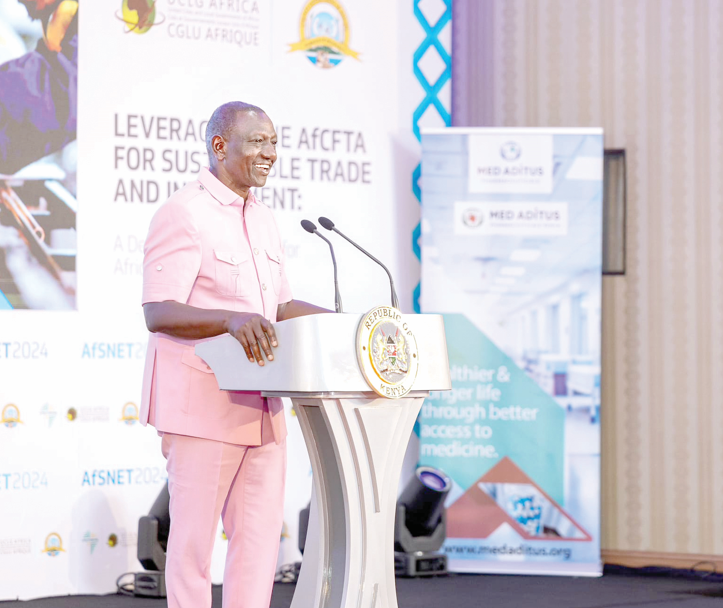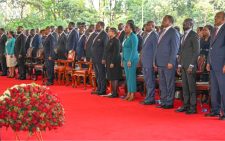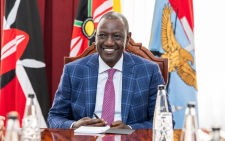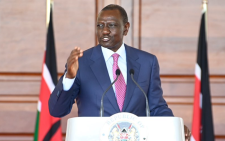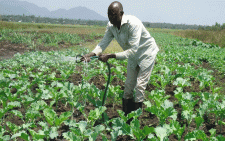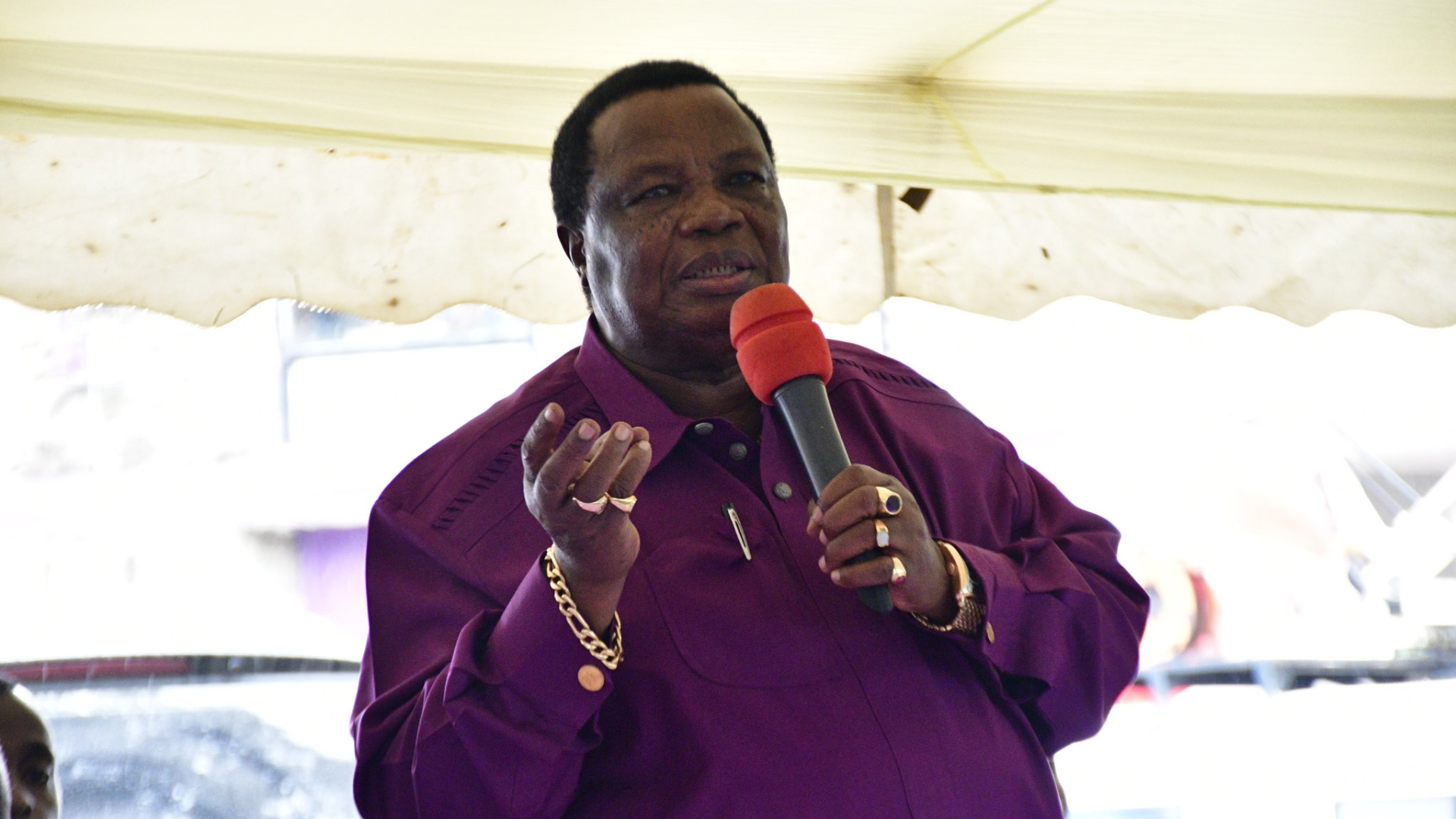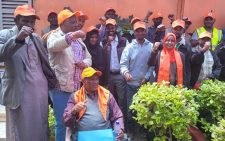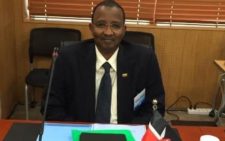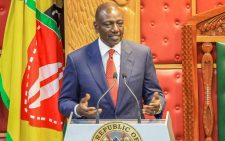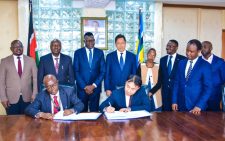President William Ruto has urged Africa’s financial institutions to step up efforts in addressing the continent’s critical financial needs.
Speaking at the 4th African Sub-Sovereign Government Network (AfSNET) Investment Conference in Kisumu, Ruto emphasised the role of the institutions in fostering Africa’s economic growth amidst mounting global challenges. Ruto pointed out that Africa’s economic growth projections hinge on financial institutions’ ability to mobilise resources and provide support to governments and public sectors.
He said the continent’s pressing issues including slowed global trade, escalating energy costs, high food prices, and a growing public debt burden are the greatest impediment to growth. These challenges, he stressed, necessitate urgent and collective interventions by African states to enhance economic resilience and drive intra-African trade.
“Africa faces a profound economic crisis fuelled by various global and domestic challenges,” Ruto said.
“Committed and consistent collective action is essential to deepen integration, strengthen resilience, and promote greater levels of intra-Africa trade.”
He called on monetary institutions to adopt innovative mechanisms tailored to Africa’s unique financing needs. Ruto linked these innovations to the ambitions of the African Continental Free Trade Area (AfCFTA), which seeks to unify the continent’s economies and unlock new opportunities.
By creating a conducive environment for investments in job creation, industrialisation, and exports, he argued, Africa could accelerate its transformation and strengthen its position in global value chains.
Ruto announced a new partnership between Kenya and the African Export-Import Bank (Afreximbank), involving a $3 billion investment framework agreement.
This funding will support Kenya’s economic transformation through projects focused on industrialisation, the creative economy, the digital superhighway, and agricultural value chains. “Afreximbank has supported our imports of fuel, our commodities trade and many other aspects, today we are going to sign off some of the agreements with the Bank,” he said,” “The resources from this agreement will help us create jobs, enhance the value of our products, and boost exports.”
Kisumu Governor Anyang’ Nyong’o also emphasized the need for African governments to invest in infrastructure to drive economic growth and job creation.
Rapid urbanisation, he warned, has led to unemployment and increased crime rates among the youth. To address these issues, Nyong’o urged African administrations to prioritise investments in rail, road, air, maritime, and energy infrastructure.
He also called for integrating micro, small, and medium enterprises (MSMEs) into the intra-African trade value chain to spur industrialization and improve livelihoods.
“With the opportunities presented by the AfCFTA, African sub-sovereign authorities must expand trade and investment to create jobs and enhance the quality of life,” Nyong’o said. He further stressed the importance of reducing reliance on foreign aid by leveraging local resources and networks.
Jean Pierre Elang, Secretary General of United Cities and Local Governments of Africa (UCLG Africa), highlighted the untapped potential of Africa’s intermediary cities as drivers of economic development. These cities, he argued, play a pivotal role in connecting rural and urban economies, serving as the backbone for sustainable growth and development. “African intermediary cities are vital to the success of the AfCFTA and must be given the attention they deserve,” he said.
“By enabling cross-border decentralized cooperation, we can harness their potential for structural transformation and economic integration.”
The three-day event, themed “Leveraging the AfCFTA for Sustainable Trade and Investment: A Development Pathway for African Sub-Sovereigns,” aimed to empower local governments to promote trade, development, and investment.

